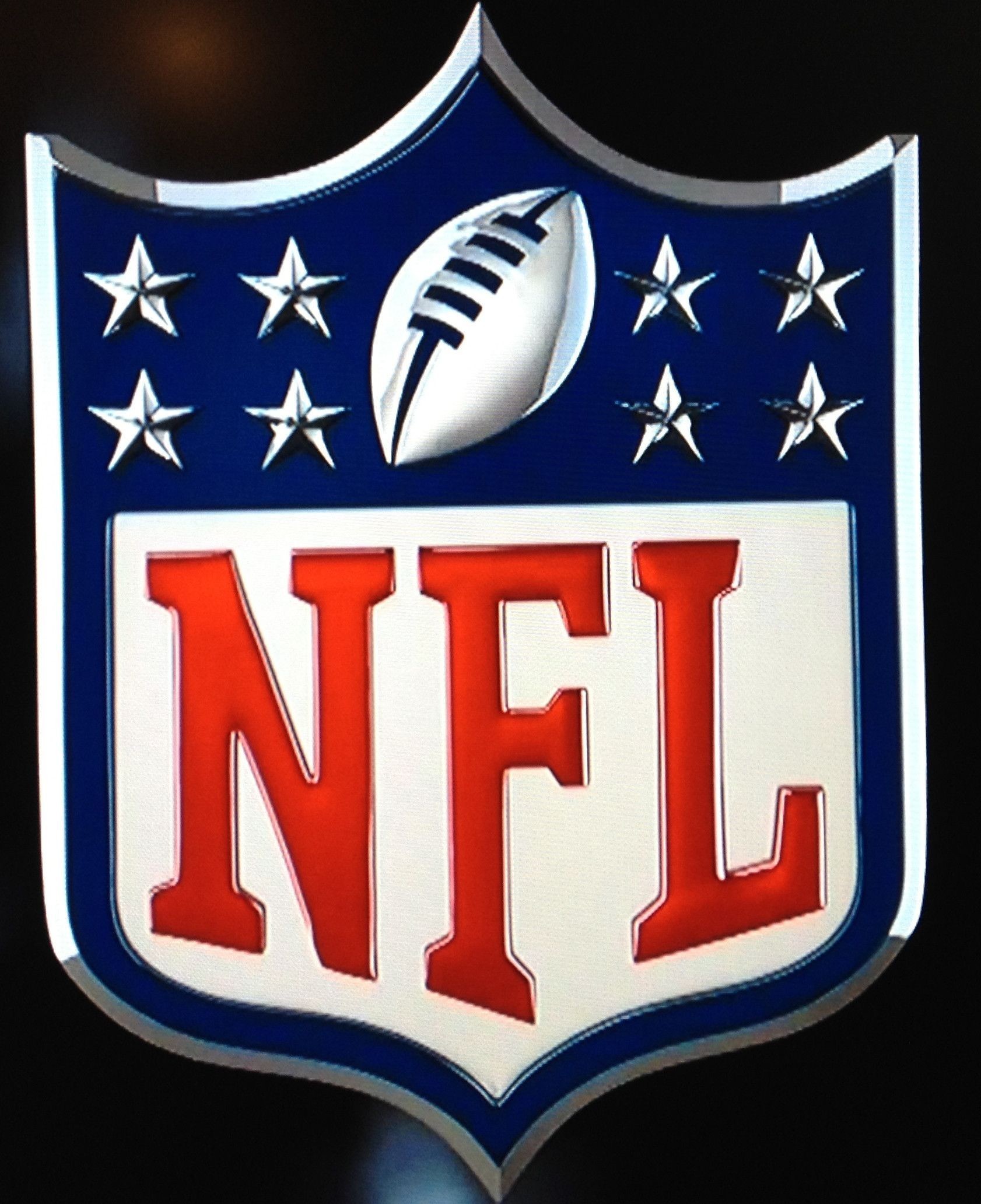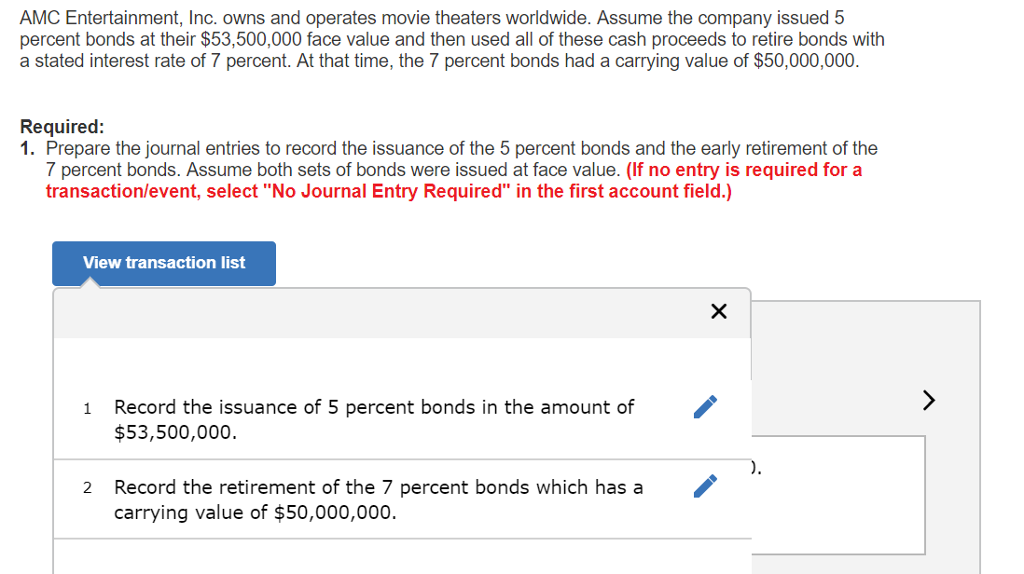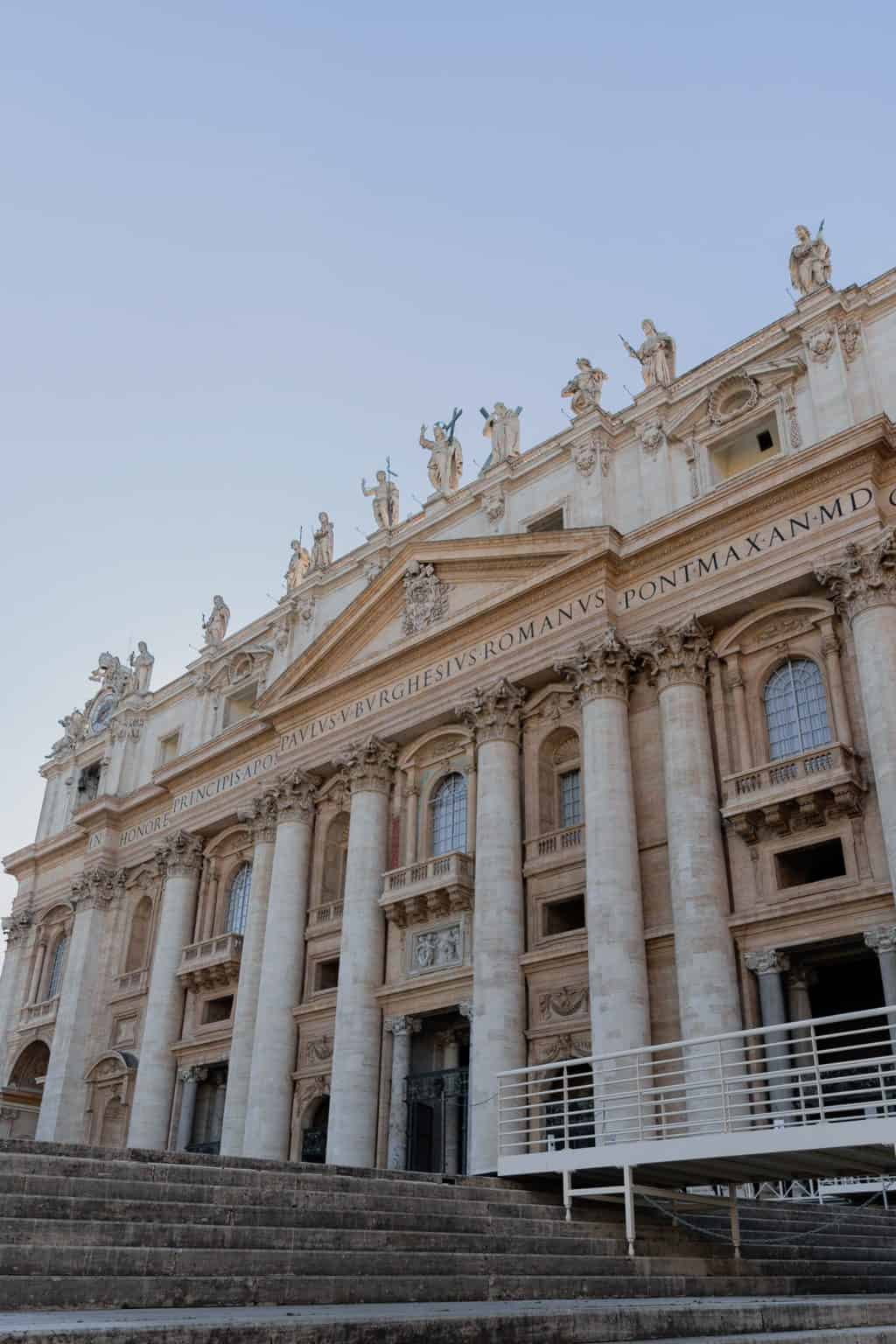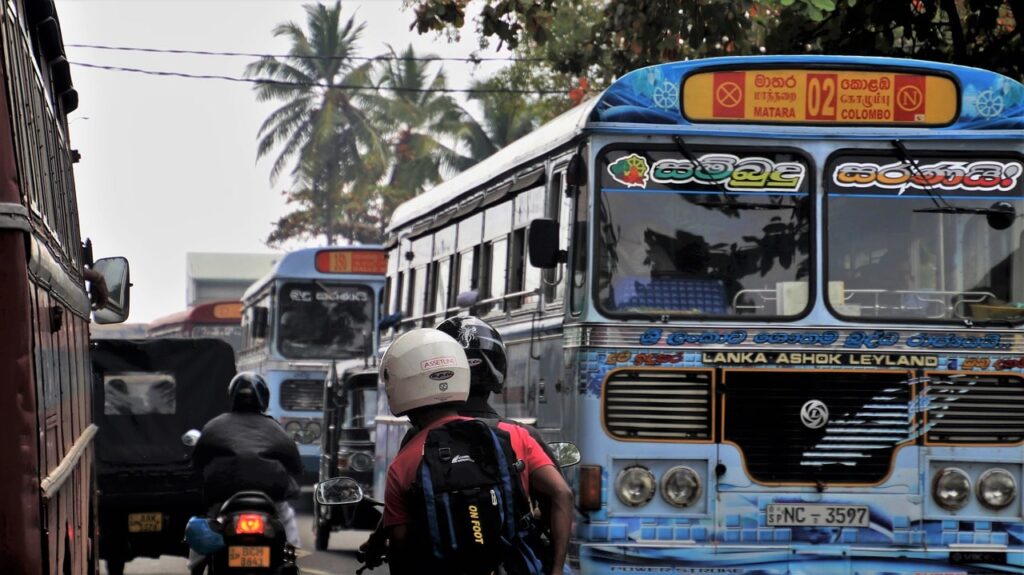Understanding Fireworks Laws and Safe Celebrations in Connecticut and Iowa
Introduction
Fireworks are a hallmark of summer festivities across the United States, especially during the Fourth of July and other celebratory events. However, the legality of fireworks varies significantly from state to state. This article provides a comprehensive overview of the current regulations regarding consumer fireworks in Connecticut and Iowa, offers actionable steps for safe and legal celebrations, and details alternative pathways for enjoying fireworks displays.
Are Fireworks Legal in Connecticut?
Connecticut enforces some of the strictest fireworks laws in the nation. All consumer fireworks-except for sparklers and ground-based fountains-are illegal for personal use . This includes popular items such as Roman candles, bottle rockets, firecrackers, and aerial shells. Residents are prohibited from selling, purchasing, or using these items unless they hold a special state license or permit for a regulated public display [2] .
Even legal items like sparklers and fountains come with age restrictions. Only individuals aged 16 or older may purchase or use them, and their use is limited to private property. Violating these statutes can result in fines, misdemeanor charges , or even felony charges if injury or death results from illegal use [1] . Transporting fireworks into Connecticut from another state or purchasing them by mail is also illegal and subject to severe penalties [3] .
Legal Pathways for Fireworks Displays
Residents wishing to host a fireworks display must apply for a permit and ensure the event is managed by a licensed professional pyrotechnician. Applications require references, photographs, proof of identity, and insurance documentation. The Connecticut State Police Special Licensing and Firearms Unit oversees this process. For specific steps:
- Contact the Special Licensing and Firearms Unit at (860) 685-8470.
- Prepare your application materials, including references and insurance certificates.
- Submit your completed application for review and approval.
For complaints or to report illegal fireworks use, contact your local police department or the Department of Emergency Services and Public Protection at (860) 685-8460 [4] .
Safety Considerations and Enforcement
Connecticut officials underscore the risks associated with both legal and illegal fireworks. In 2024, hundreds of injuries were reported statewide, with the majority occurring near the Fourth of July [5] . Residents are urged to never mix alcohol and fireworks, prevent children from handling any fireworks, and use only those permitted by law.
Penalties for violations include:

Source: ontariosciencecentre.ca
- Fines of up to $1,000 for a first offense.
- Subsequent offenses may result in fines up to $2,000 and imprisonment for up to six months.
- If injury or death results, penalties increase to fines up to $10,000 and up to ten years in prison [3] .
Alternative Ways to Celebrate Safely
For those seeking the thrill of fireworks, Connecticut offers state-licensed public displays managed by professional pyrotechnicians. These are typically held at approved sites during major holidays and community events. To find upcoming displays:

Source: alicahjkkynthia.pages.dev
- Contact your local town hall or parks department for event schedules.
- Search for “Connecticut professional fireworks displays” for current listings.
- Attend only approved, permitted events to ensure safety and legal compliance.
Are Fireworks Legal in Iowa?
Iowa’s fireworks laws differ substantially from Connecticut’s. Since 2017, consumer fireworks such as Roman candles, bottle rockets, and firecrackers have been legal for sale and use during specific periods, typically around the Fourth of July and New Year’s Eve. However, municipalities within Iowa may impose their own restrictions or bans, so local ordinances must be checked before purchase or use.
Legal fireworks in Iowa include:
- Roman candles
- Bottle rockets
- Firecrackers
- Aerial shells
Age restrictions require that buyers be at least 18 years old. Retailers are licensed and regulated by state authorities. Consumers are responsible for following all safety guidelines and local laws.
How to Legally Purchase and Use Fireworks in Iowa
To ensure compliance and safety:
- Check your city or county website for local restrictions (search “[Your City] Iowa fireworks laws”).
- Purchase from state-licensed retailers, which can be found by searching “Iowa licensed fireworks dealers.”
- Follow all usage periods and guidelines set by the Iowa Department of Public Safety.
- Ensure you are at least 18 years old before purchasing.
For organized public displays, permits may be required from local authorities. Contact your city hall or police department for details.
Safety Tips and Enforcement in Iowa
Although consumer fireworks are legal in Iowa, safety remains a top priority. The Iowa State Fire Marshal and local fire departments offer safety information and tips for responsible use:
- Never allow children to use fireworks unsupervised.
- Keep water or a fire extinguisher nearby.
- Never relight malfunctioning fireworks.
- Dispose of used fireworks safely.
Violations of local ordinances or unsafe use may result in fines or criminal charges. For more information, search “Iowa Fire Marshal fireworks safety” for current guidelines and resources.
Step-by-Step Guidance for Legal Fireworks Enjoyment
Connecticut
- Use only sparklers and fountains, and ensure users are 16 or older.
- Never attempt to purchase or transport consumer fireworks from out of state.
- For public displays, work with licensed professionals and obtain permits through the Connecticut State Police Special Licensing Unit.
- Attend community events featuring state-licensed fireworks displays for a safe experience.
Iowa
- Confirm local laws by contacting your city or county government.
- Purchase fireworks only from state-licensed retailers and retain proof of age.
- Use fireworks during permitted periods and follow all safety guidelines.
- Participate in community displays for professional shows.
Potential Challenges and Solutions
Common challenges include confusion over local versus state laws, age restrictions, and safety hazards. Solutions involve:
- Reviewing official state and local websites for up-to-date legal information.
- Contacting local law enforcement or fire departments for clarification.
- Attending public displays to avoid legal risks and ensure safety.
- Using only permitted types of fireworks and following all age and safety regulations.
Alternative Approaches for Celebrating
Those unable to use fireworks legally can explore alternative celebration options:
- Attend professional, licensed fireworks displays hosted by municipalities.
- Organize light shows or laser displays as a safe, legal alternative.
- Use party poppers, confetti cannons, or other novelty items permitted by law.
- Host themed gatherings with music, food, and safe entertainment.
Key Takeaways
Connecticut allows only sparklers and ground-based fountains for personal use, with strict age and safety regulations. All other consumer fireworks are illegal without a professional permit. Iowa , in contrast, permits a wide range of consumer fireworks but enforces local restrictions and safety guidelines. Residents in both states are urged to check current laws, prioritize safety, and consider approved public displays for their celebrations.
References
- [1] Law Offices of Charles L. Kurmay (2025). Connecticut Fireworks Laws and Safety Tips.
- [2] CT.gov (2025). Fireworks and Special Effects – Licensing and Permits.
- [3] Old Saybrook CT (2025). Are Fireworks Legal in Connecticut?
- [4] CT.gov (2025). Fireworks – Consumer Facts and Contacts.
- [5] We-Ha.com (2025). Officials Urge Fireworks Caution in West Hartford.
MORE FROM couponnic.com













